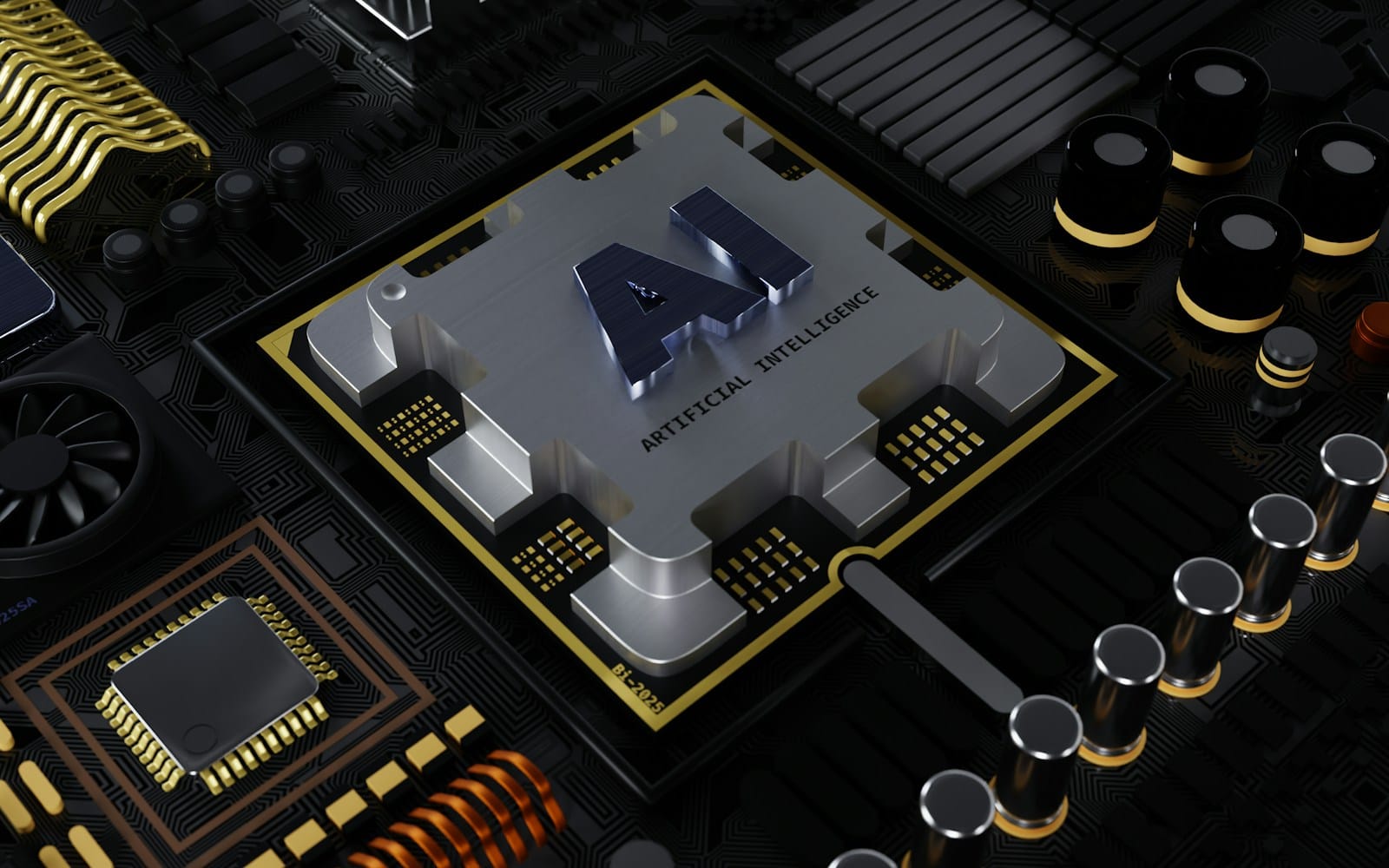Controversy Erupts Over Safety of AI Models in Top Tech Firms
Controversy arises as leading tech firms face scrutiny over the safety and transparency of their AI models, sparking debate on ethical practices and potential risks.

A storm is brewing in the world of artificial intelligence. As tech giants like Google, Microsoft, and OpenAI roll out increasingly sophisticated AI models, questions about the safety and interpretability of these systems are coming to the forefront. The high-stakes environment, where rapid development often trumps meticulous oversight, is leading to growing concerns among both industry professionals and the general public.
Bryce Goodman , a prominent AI ethicist, voiced his unease recently: “The speed at which AI models are being deployed in critical applications far outpaces our understanding of their decision-making processes.” This sentiment echoes through halls of academia and boardrooms alike, where the balance between innovation and prudence is under intense scrutiny.
The Interpretability Challenge
We don’t run ads or share your data. If you value independent content and real privacy, support us by sharing.
One of the core issues here is the “black box” nature of many AI models. While these systems are extraordinarily powerful, their decision-making processes are often opaque. This lack of interpretability makes it difficult, if not impossible, to understand why an AI system makes a particular decision.
For example, machine learning models used in healthcare to diagnose diseases can provide highly accurate results. However, if a doctor cannot understand the basis for a diagnosis, this creates enormous ethical and practical issues. Dr. Sarah Jeong , a leading AI researcher, succinctly put it, “If you can’t explain it, you can’t trust it.”
AI- Safety and Ethical Implications
The lack of understanding around how AI models make decisions presents significant safety concerns. A minor glitch or unforeseen scenario can lead to catastrophic consequences, particularly in sensitive fields such as autonomous driving, healthcare, and financial services.
Moreover, there are ethical considerations. AI systems trained on biased data can perpetuate or even amplify existing biases. Joy Buolamwini, founder of the Algorithmic Justice League, has documented numerous instances where facial recognition software misidentifies individuals, especially those from minority groups. “These AI systems are not just flawed—they’re dangerous if left unchecked,” Buolamwini remarked.
Tech Companies Under Fire
Big tech companies are feeling the heat. Google, for instance, faced backlash after firing ethical AI researcher Dr. Timnit Gebru. Gebru, a renowned figure in AI ethics, had raised concerns about the biases in language models. Her termination sparked outrage and cast a spotlight on Google’s alleged prioritisation of profit over ethical considerations.
Similarly, OpenAI’s release of their GPT-3 model drew a mix of awe and apprehension from the tech community. Though capable of producing human-like text, GPT-3 has been criticised for generating biased and harmful content. The company’s struggle to balance innovation with safety has exposed gaps in their approach to ethical AI deployment.
In light of these controversies, there have been increasing calls for greater oversight and regulation in the AI industry. Industry leaders and policymakers alike are advocating for more stringent guidelines to ensure the safe and ethical deployment of AI technologies.
One proposal gaining traction is the push for Explainable AI (XAI). XAI aims to create models that not only perform well but also provide clear, understandable explanations for their decisions. This would mark a significant step towards closing the interpretability gap and enhancing trust in AI systems.
Margaret Mitchell, another former Google AI researcher, has championed the need for transparency and accountability in AI development. “We need to know what’s under the hood. Without transparency, we cannot hold developers accountable for the risks their models pose” she said.
The path forward is fraught with challenges. The race to develop more sophisticated AI models is accelerating, but the focus on interpretability, safety, and ethics cannot be sidelined. Companies must invest in robust mechanisms to audit and explain their AI models, ensuring they are both effective and trustworthy.
Governments and regulatory bodies also have a crucial role to play. Increased funding for research into AI safety and ethics, coupled with international collaboration, could provide the necessary checks and balances.
The Bottom Line
The controversy surrounding AI models in top tech firms underscores a fundamental tension between rapid innovation and responsible development. As AI continues to permeate various aspects of our lives, the imperative to ensure these systems are safe, interpretable, and ethical becomes ever more pressing.
In the words of Elon Musk, a vocal advocate for AI regulation: “With artificial intelligence, we’re summoning the demon.” It’s a potent reminder that the quest for progress must continually be tempered with caution and foresight.
技术elaas has raised concerns about the priorities of tech firms when it comes to deploying these enormously powerful but poorly understood systems. The call for better oversight and safer practices is not just a technical necessity; it is a societal imperative.
Do you want to share your professional opinion and inspire our readers ? YOUR EXPERTISE could be paving the way for a fairer society and progress.
